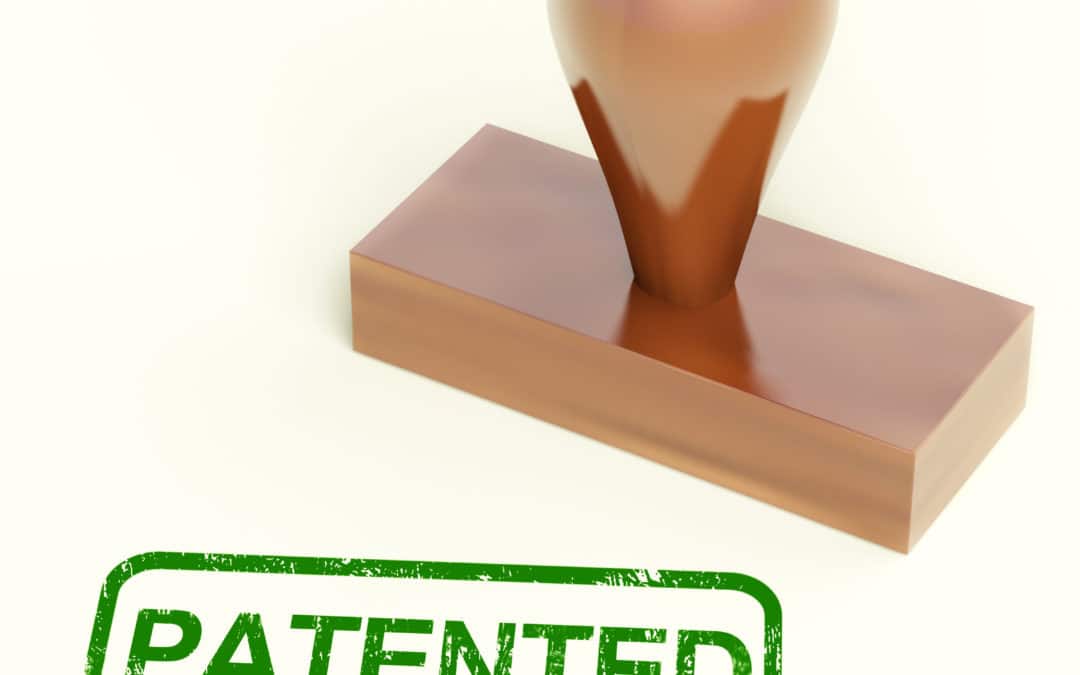Navigating the World of Intellectual Property: IP Lawyers vs. Patent Lawyers
Here at Verna Law, P.C., we receive phone calls and e-mails asking for “IP Lawyers” or “Patent Attorneys.”
Our setup is quite simple. Our Managing Partner is Anthony Verna. Our Patent Agent is Wil Jacques. Our Of Counsel/Litigation Assistant is Judy Endejan. So Verna Law, P.C. is made of two attorneys and one patent agent. This is so that Verna Law, P.C. can handle all aspects of your intellectual property matters – be they patents, trademarks, copyrights, domain names, or advertising. You can send us e-mail at anthony@vernalaw.com or call us at 914-908-6757.
Understanding the difference between IP (Intellectual Property) lawyers and patent lawyers is crucial for anyone looking to protect their creative or technological inventions. Though both play pivotal roles in the realm of intellectual property, their areas of expertise, responsibilities, and the pathways to becoming one or the other vary significantly.
Who Are They, and What Do They Do?
Intellectual Property (IP) Lawyers: The Protectors of Creativity and Innovation
IP lawyers are the custodians of a broad spectrum of intellectual property rights. Their expertise isn’t limited to patents; it extends to trademarks, copyrights, trade secrets, and sometimes even navigating the complexities of unfair competition. From drafting and negotiating licensing agreements, managing IP portfolios, to advising on strategic compliance, IP lawyers ensure your intangible assets receive the protection and management they deserve.
Patent Lawyers: The Specialists in Invention Protection
Patent lawyers, on the other hand, dive deep into the specifics of patent law. With a strong foundation in science or engineering, they’re uniquely equipped to understand the nuances of inventions, guiding inventors through the patenting process. Their work includes drafting and prosecuting patent applications, handling patent infringement cases, and advising on patentability. Their technical background is not just a boon but a necessity for navigating the intricate details of patent law.
The Journey to Expertise: Education and Licensing
The path to becoming a patent lawyer or an IP lawyer is marked by rigorous education and licensing requirements. Patent lawyers must have a technical or scientific degree followed by a law degree, culminating in passing the specialized patent bar exam. IP lawyers, while also needing a law degree, focus their studies and electives on the wider field of intellectual property law and must pass their state’s bar exam. Continuous learning is a staple in both careers to keep abreast of the ever-evolving legal landscape.
Deciding Whom to Turn To
When it comes to protecting your intellectual property, the choice between an IP lawyer and a patent lawyer boils down to your specific needs. If you’re looking to protect a technical invention, a patent lawyer with their specialized expertise might be your go-to. For broader IP strategy, management, and protection across a variety of assets, an IP lawyer’s comprehensive knowledge will serve you well.
The Takeaway
Both IP and patent lawyers play indispensable roles in the innovation ecosystem. Whether you’re an inventor seeking to patent your latest creation or a business looking to navigate the broad waters of intellectual property, understanding whom to engage can make all the difference. Remember, in the world of IP, having the right legal expertise on your side is not just an advantage—it’s a necessity.
Do you have questions about your intellectual property, patent, trademark, or copyright? Ask us here at Verna Law by sending an e-mail to anthony@vernalaw.com or by calling us at 914-908-6757.


Recent Comments